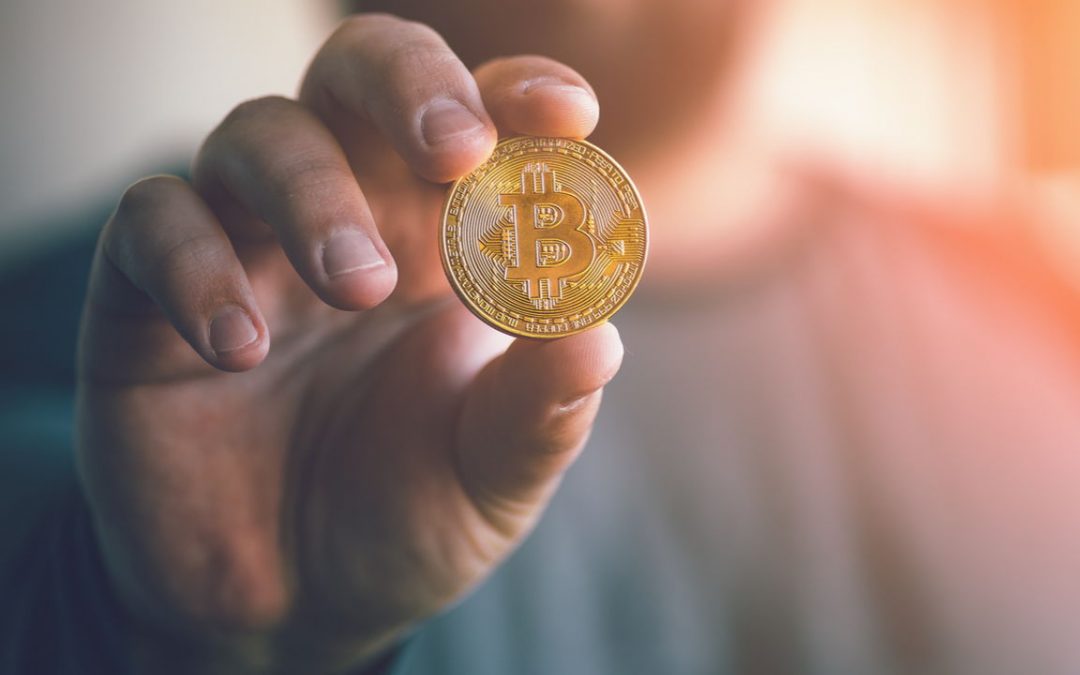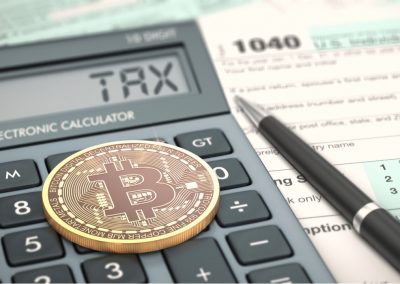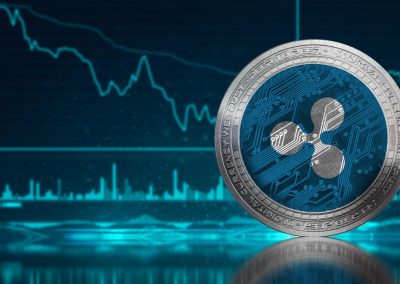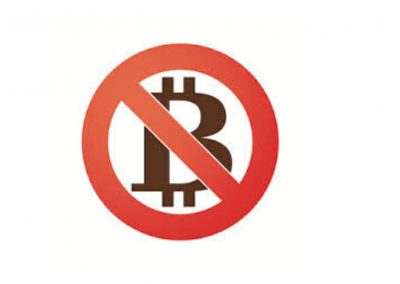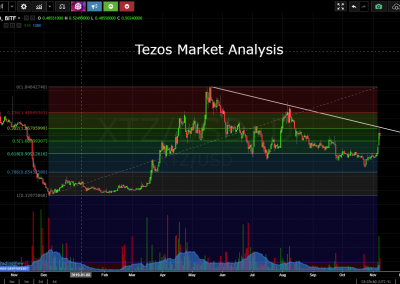When you ask someone what a cryptocurrency is, the typical response you’ll hear is, “Bitcoin.” But is Bitcoin a token or a coin or both? Is there a difference between calling something a coin, a token, or a cryptocurrency? With all the jargon out there about cryptocurrencies, it can be overwhelming and confusing to understand which term means what in the crypto sphere.
Cryptos come with their own dictionary of terminology that’s not always easy to understand. But knowing the difference between tokens, coins, and cryptocurrencies is vital to understanding how this technology works. It’s also necessary to know what these terms are if you’re planning on making any investment decisions in the market.
What a Cryptocurrency Is NOT
The best place to start with a cryptocurrency or crypto is to understand what they are not. Cryptos and blockchain are not interchangeable. The blockchain is the underlying technology that allows cryptos to function. It’s the system that enables the existence of cryptos. Without it, you would have to contend with the problems of creating a digital currency.
Cryptocurrency is also not “money” in the traditional sense. When you think about money, you typically think fiat currency. Dollars, Euros, Yen, all of these are fiat currencies. These currencies receive value from a centralized body. And that body has the authority to grant fiat currency its value because members of society have agreed to support that government. Cryptocurrency simply removes the unnecessary, centralized body.
What Is a Cryptocurrency?
Crypto is short for cryptography. Cryptographic hashing is how the blockchain network comes to a consensus. Without consensus, there can be no decentralized, digital currency. This is the nature of the blockchain and the foundation of cryptos. Currency refers to a form of money. Therefore, the term cryptocurrency covers digital forms of money that use cryptographic hashing.
So, does that means all cryptocurrencies are just digital money, right? Not exactly. The cryptocurrency is a misnomer. Cryptocurrencies can refer to tokens and coins and with each of these classifications comes different abilities and limitations. And most importantly, coins and tokens are NOT the same.
What Is a Coin?
Put simply, coins are the money version of cryptocurrencies. They are used for transactions; they store value; they’re typically in a limited supply through some inflationary coins exist. All coins function on their own unique blockchain specific to that coin. This blockchain governs their use and allows for the minting of new coins. It’s essentially a ledger showing who has how many coins. Finally, coins can be mined. The mining of cryptocurrencies occurs when transactions are processed on the blockchain. This is the only way to create new coins.
What Is an Altcoin?
An altcoin is any coin that is not bitcoin. Many of the earlier cryptos exist as forks from bitcoin that took some of its own source code and modified it for different uses.
What Is a Token?
There are distinct differences that set tokens apart from coins. Here are a few:
- No Blockchain. Tokens do not have their own blockchain protocol. Instead, they use whatever protocol of the coin they are based on. ERC 20 tokens use Ethereum’s blockchain for instance.
- Not Mineable. Tokens function on the network but are not created through the mining process.
- Does Not Store Value. ICOs often offer ERC 20 tokens that can later be exchanged for that platform’s coin when it launches.
- Are Not Transactional. You do not pay for goods using tokens. They only function on a specific blockchain and use actions across that blockchain. Furthermore, you can use coins to purchase tokens, but you cannot use tokens to buy coins.
What you can do with a token depends on what kind of token you have. To understand that, we need to look at utility and asset tokens.
Utility Tokens vs. Security Tokens
There are many different types of tokens, but the two main categories are utility tokens and security tokens. Each one functions differently.
Utility Tokens
Utility tokens allow users to perform actions on platforms. Siacoin, for instance, is a decentralized cloud storage service where users can take advantage of partitioned space on a vast network of computers. To pay for these services, users have to pay a fee that comes from a certain amount of tokens. Exchanges also use tokens. Using tokens on an exchange can complete transactions, provide discounts, or speed up the process.
Security Tokens
Security tokens provide buyers with a share or say in the company. The more of these an individual owns and holds onto, the more that person has a say in the company and can make decisions. These securities allow for holders to profit from their share of the company or hold ownership of a particular asset in the real world. Currently, the SEC is scrutinizing ICOs for selling what they classify as deregulated securities while regulation and fines possible in the future.
Where Do “Sh*tcoins” Fit In?
One last label that needs to be mentioned is the term, “Shitcoin.” Investopedia best describes a shitcoin as, “an altcoin that has become worthless.
A Shitcoin’s value may disappear because interest failed to materialize or because the altcoin itself was not created in good faith or because the price was based on speculation.” However, as confusing as it may be, the term “shitcoin” is sometimes used to refer to tokens from ICOs as well.
It’s Important to Know the Difference
At the end of the day, whether you have a passing interest in the cryptocurrencies, you want to see where the future direction of cryptos, or you’re a potential investor, knowing the difference between coins and tokens and how they fit under the category of cryptocurrencies is vital to making informed decisions about the future.
Any niche will have its terminology and lingo people use. There’s no shortage of it in the crypto community for sure, and it often gets misused, but understanding the differences can help you make better financial decisions while avoiding mistake when investing.
